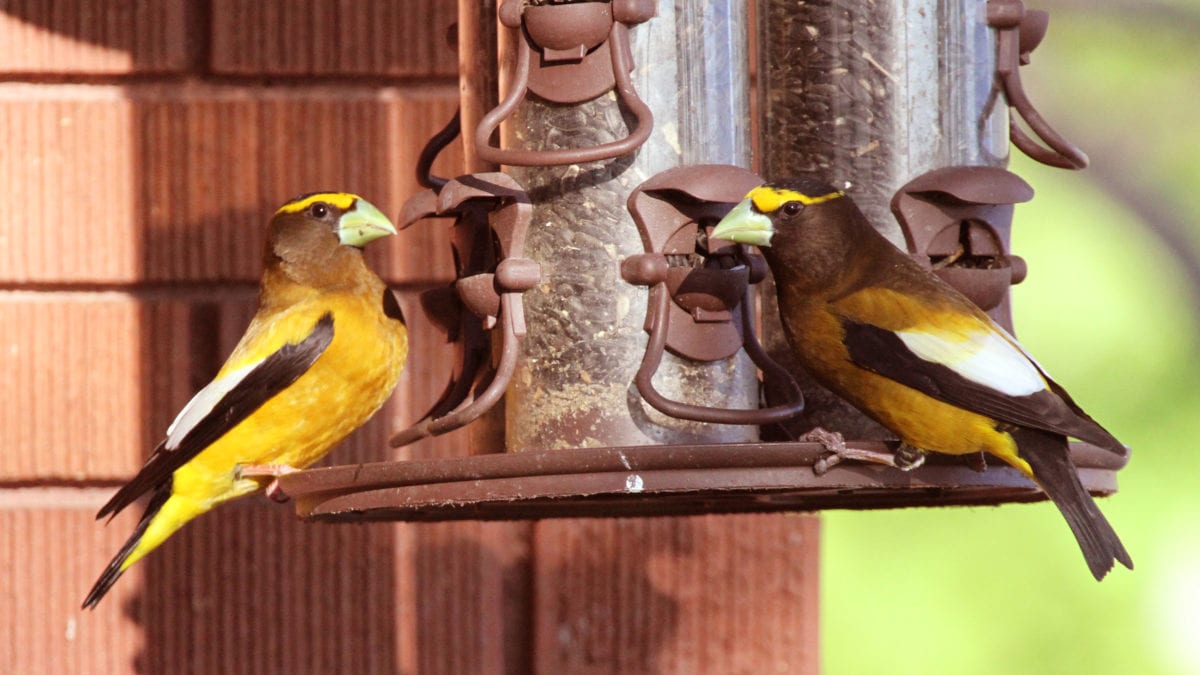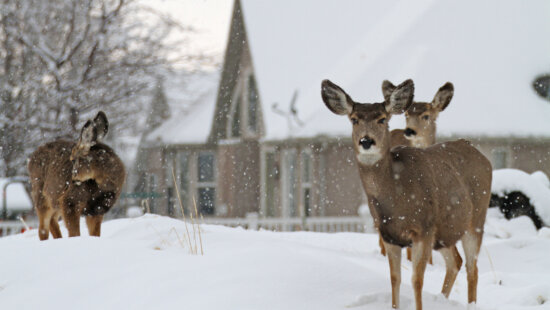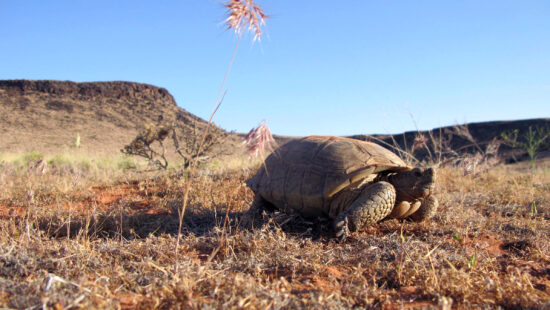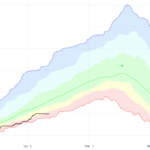Wildlife
Protect songbirds: clean those bird feeders!

Salmonella disease most frequently impacts pine siskins, goldfinches, and Cassin's finches. Photo: Courtesy of Utah Division of Wildlife Resources
SALT LAKE CITY, Utah. — Due to a recent salmonella outbreak, the Division of Wildlife Resources is imploring Utahns to clean their bird feeders or remove them if they find sick or dead birds.
Especially in the winter, birdfeeders can serve as transmitters of salmonellosis, a bacterial disease spread through direct contact when birds eat food contaminated with infected feces. The outbreak has caused the death of numerous songbirds in Washington, Oregon, and Idaho. Now, illness has spread to northern Utah.
“While regularly cleaning your bird feeders and baths is always recommended to prevent disease transmission, a more rigorous disinfecting schedule is required during an outbreak of salmonellosis, which is why we recommend temporarily removing feeders and water baths,” DWR Wildlife Conservation Biologist Adam Brewerton said. “We all love to see wild birds come to our feeders, but feeders that are not properly cleaned can pose more of a risk than a benefit for birds.”
The DWR requests the following if sick or dead birds are in your area:
- Take down all bird feeders, birdbaths, and water containers for at least one month to slow transmission.
- Wearing gloves, clean feeders thoroughly with soap, water and, and a 10% beach solution. Soak them for at least 30 minutes, rinse thoroughly and let dry completely.
- Clean around the bird areas and remove all seeds and anything that may attract birds.
- If there are more than five sick or dead birds, contact the nearest DWR office.
- Use gloves to dispose of dead birds. Enclose carcasses in plastic bags and put in trash cans.
In birds, signs of salmonellosis may include ruffled feathers, rapid breathing, lethargy, weakness, neurological signs, and diarrhea. The symptoms can result in coma and death, or the birds may become carriers of the disease.
If these symptoms don’t exist in your area, reduce the risk of disease transmission with the following practices:
- Use bird feeders made of smooth plastic, steel, or glass that can be cleaned and disinfected easily. Materials like wood are more likely to lead to disease transmission.
- Use feeders that keep seeds dry, as dry food is less likely to spoil.
- Avoid feeders that allow birds to sit while eating. This prevents fecal contamination.
- Throw away seeds and feces from the feeder and surround areas daily.
- Use small feeders in numerous areas to reduce the congregation of birds.
- Clean feeders, birdbaths, and water containers at least weekly by removing seeds and washing the feeders with soap water. Soak them for at least 30 mins in a 10% bleach solution. Afterward, rinse the cleaner thoroughly and let the feeder dry completely before using again.
Learn more about diseases that affect birds and how to prevent them on the DWR website.



















